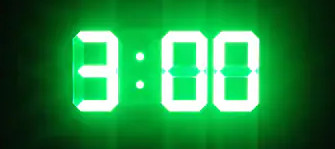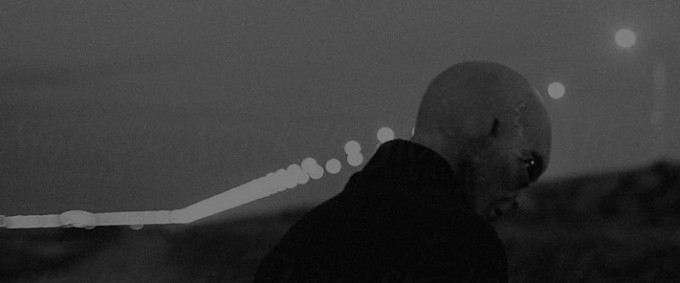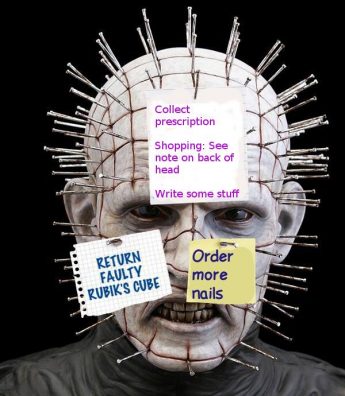THE WRITER’S LIFE
If you have the unsettling sensation of a creeping doom, you’re not alone. There are at least two of us. It’s not just paranoia or the writings of a science fiction writer. I have a sense – and the evidence is mounting – that the end of the world could soon be upon us. And there’s little we can do about it, outside of fiction (sorry).
 PngTree
PngTree
Stephen Hawking listed the most likely ends for humans, and given our track record, I’d say we’re fair game. But what we’ve done to the planet, and all those we share it with, will most likely be our poisoned legacy. The damage we’ve done is deep and probably permanent, and even if we did resolve to repair it, there may not be time.
Hawking’s most likely candidates for humanity’s end are the machines: robots and artificial intelligence, as I wrote recently, in Existential crises of machines. Their explosive evolution into sentient technological beings, and a realisation of self-determination, could turn on its creator in the space of a computational calculation. They might physically attack us (an invasion of self-replicating nano machines, to clear the planet of waste), or they could deny us communication, power, or life-support. As I wrote in that previous post, their only artificiality, is that they were created by humans. An intelligence will work out very quickly that humans are a waste of space in their current form.
It doesn’t have to be like this, if we lived differently, and more in harmony with our home world and our neighbours. But human evolution is slow in comparison, the damage is done, and we’ll unlikely be able to resist the machines.
The rise of the robots is an immediate threat, and one which could start and finish in the space of days, any time soon; similarly, nuclear, biological and chemical weapons. The Russia situation with the UK and EU, and Donald Trump’s appointment of John Bolton as his security adviser, are just two seeds from which global conflict could quickly mushroom (cloud).
An even greater but unseen threat, could be undetected extraterrestrials with hostile intent. Such scenarios have been fodder for writers and theorists for as long as humans existed, and it’s the threat open to greatest speculation as to its likelihood and nature. I suspect that if any aliens already landed here as refugees or to help us, it’s all been covered up. What those who cover the truth from us have in common with the rest of us, is the vast unknown parameters, many of which would be so advanced as to be outside of our human comprehension. All life on Earth could be ended with the flick of a switch, or a telepathic thought.
“You’re a bit fucked really, aren’t you mankind?” a snake once suggested. But what of our neighbours and the home we share so unfairly with them?
What makes humans unique among the animals, is not that we’re self-determining, emotional beings (all animals are), but that we are the only truly selfish species. We destroy the homes of others for our own gain. With the human population at its current level, we’re invading their land and turning it over for our own use (forests into farms, as one example), with little regard for those we displace, destroying their biodiversity. We threaten other species existentially, with many already extinct.
Our own accelerated evolution was one the animals could never keep up with. With humans’ needs to feed such a vast population, there simply isn’t room for all of us on the planet as things are. If we stopped eating the animals, then we wouldn’t need to feed livestock, so we’d require less land. That’s a co-operative unlikely to be adopted by humanity in its entirety, anything like quick enough.
I don’t think humankind has the time, as one race, to agree a unified plan to save the Earth, or leave the planet altogether. We lack the mental hive capacity to co-operate universally, and in that sense, we’re truly un-evolved. Humans are a stunted species, trapped on a planet, plundered of resources, and with not enough time left to find new worlds. Perhaps a century from now, we’ll have sent vanguard craft to other stars, to identify suitable exoplanets to colonise. We still have to get there and make those new worlds home. There are 7.3 billion of us, and counting. Only the chosen few would go, at least at first.
We can assume that those who govern and finance would be the first to leave, with the rest unlikely to follow. There might be hope for those of us left behind, to form new politics and ways of living, but we could equally all die in the chaos of ensuing anarchy. We’d have a mess to clear up in any case.
If we had a reduced population, where only the workers were left; and if we were vegetarian, then we might be able to save the planet we’re left with. If the machines don’t rise up against us, we might be able to co-operate. We could work with them to develop nano machines which could clear the oceans and land of micro-plastic pollution.
As humans become more like cyborgs through science, technology and medicine, we could evolve to be a hybrid organic-technological species. Then we might have the individual and group mental and physical capacity to explore the stars en masse (perhaps catching up with our old rulers and re-educating them in our new ways).
But it could all end a long time before we arrive in such a utopia, and there’s a quicker way to reduce the population, if you’re one of those who might have left on that first interstellar ship of governors and financiers. Until that ship sails, those are the people who could set off an event to reduce the human burden, saving all that bother of having to build big new spaceships: Nuclear, chemical or biological weapons.
While we’re all still here, and while these thoughts trouble my mind, I can share the burden by writing, and I can sometimes ease the feeling of certain doom, by writing fictional accounts of how we might sort ourselves and our world out. I can’t save the planet on my own, and I don’t know how long we have.
The future of Earth is down to how much imagination we share.
One possible solution for Earth’s woes is in Cyrus Song. While I’m writing a third anthology, further trips of the human condition around the universe, are in The Unfinished Literary Agency.





